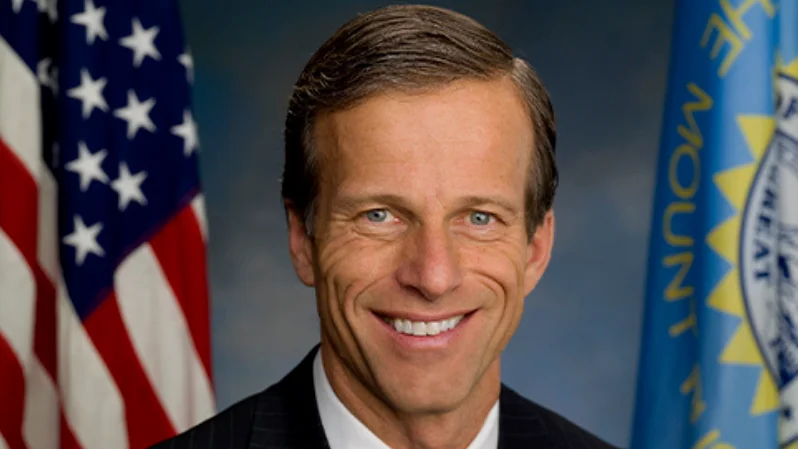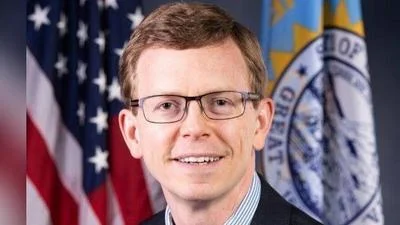Senator John Thune, US Senator for South Dakota | Official U.S. Senate headshot
Senator John Thune, US Senator for South Dakota | Official U.S. Senate headshot
U.S. Senate Majority Leader John Thune (R-S.D.) addressed the Senate, urging Democratic senators to move forward with a vote on a proposal concerning the Senate's process for confirming presidential nominees. Thune highlighted that the proposal under discussion was originally introduced by Democrats and has been available for two years, including having gone through a hearing in the Rules Committee.
During his remarks, Thune emphasized that the current proposal is less expansive than earlier versions considered by Democrats, noting that judges are not included in this iteration. He expressed frustration at what he described as continued delays from Democratic senators in allowing a vote on their own proposal.
Thune presented historical data comparing how past presidents’ nominees have been handled in the Senate, pointing out that previous administrations—both Republican and Democrat—had high rates of nominees approved by unanimous consent or voice vote. According to Thune, President Biden’s rate stands at 57 percent, compared to higher percentages for previous presidents such as Bill Clinton and George W. Bush.
He stated: “I would just say to my colleagues on the Democrat side: How much time is enough? How much time is enough? The proposal that we are voting on – or want to vote on and just asked consent to get on – has been around for two years! Introduced by Democrats. They had a hearing in the Rules Committee. It’s been around for two years! In fact, what we’re supposed to vote on today is less expansive than the bill that was discussed in the Rules Committee.”
Thune argued that too much Senate time is spent processing nominations instead of other legislative business: “Do you guys like the fact that we’re a personnel department? That the Senate spends two-thirds of its time on nominees? We’ve cast over 500 votes this year in the Senate – more than any Senate in history at this point in the term of the Senate.”
He called for bipartisan cooperation to resolve what he described as a broken confirmation process: “Time to quit stalling. Time to vote. Time to fix this place, and the ideal way to fix it would be in a bipartisan way.”
Thune concluded by encouraging senators from both parties to support moving forward with consideration of changes designed to streamline confirmations while preserving key constitutional prerogatives.


 Alerts Sign-up
Alerts Sign-up